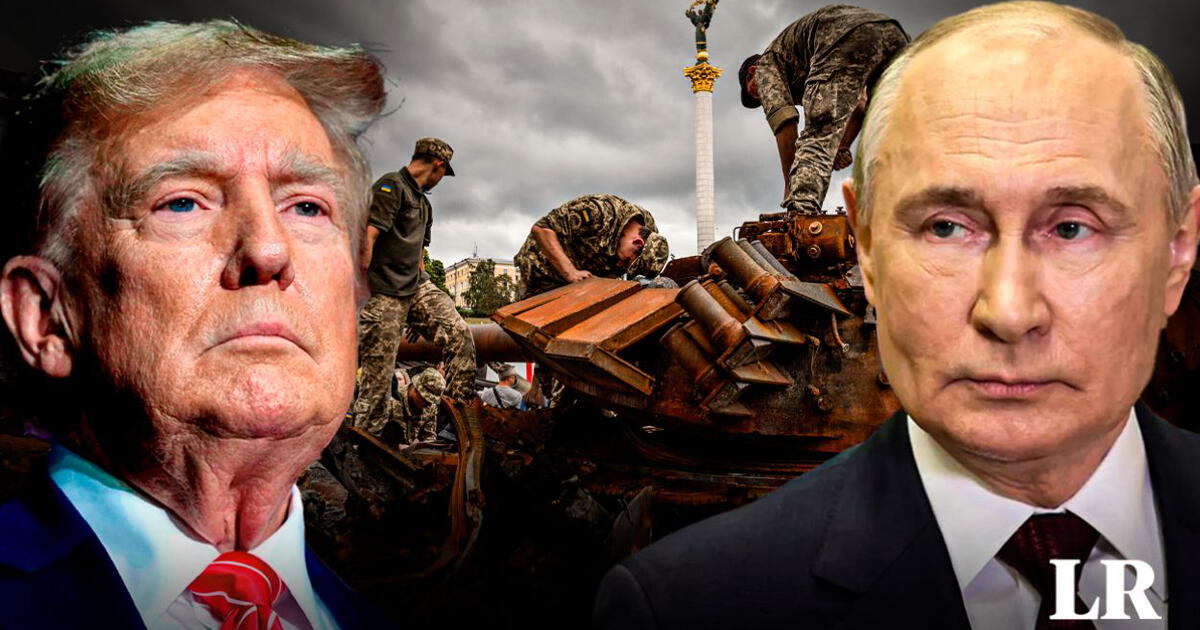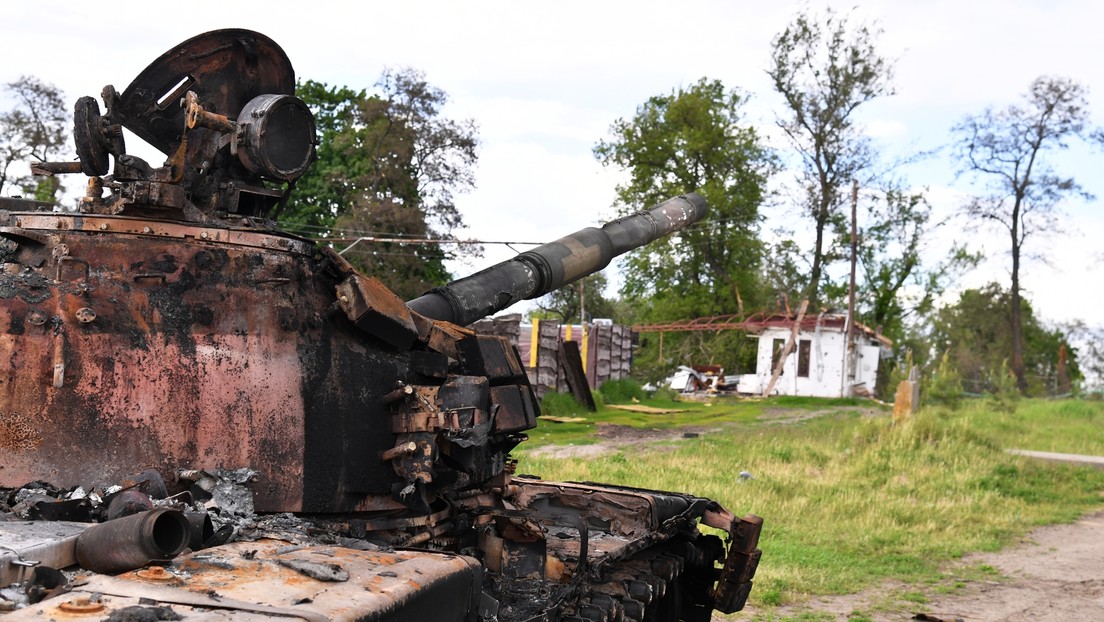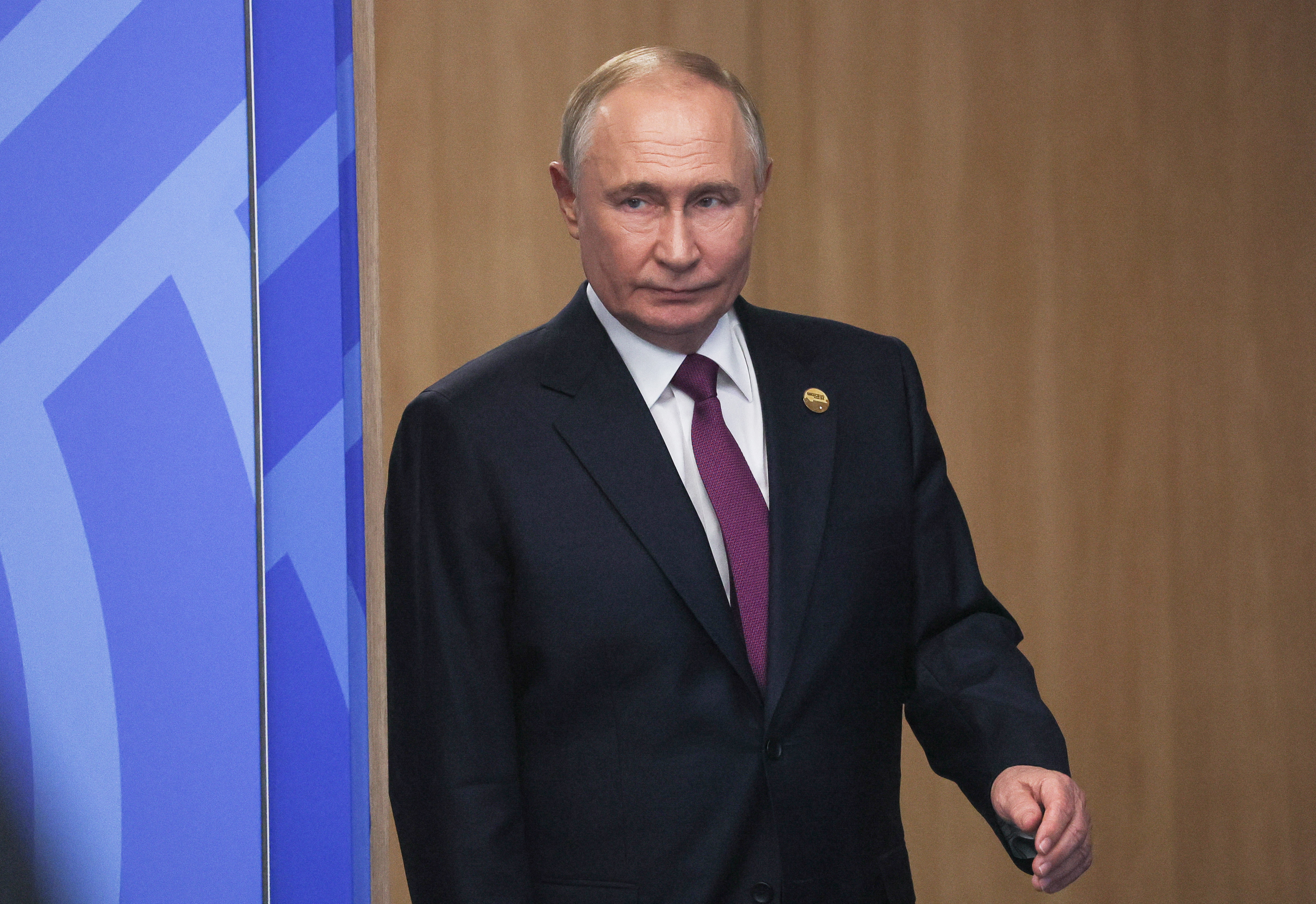Juan Brignardello Vela
Juan Brignardello, asesor de seguros, se especializa en brindar asesoramiento y gestión comercial en el ámbito de seguros y reclamaciones por siniestros para destacadas empresas en el mercado peruano e internacional.




The geopolitical tensions in Eastern Europe have reached a new peak following recent warnings from the Kremlin, which has pointed to the U.S. military base in Poland as a potential target. The facility, located in Redzikowo, has become the center of international attention, prompting an immediate response from the Polish government, which has declared a state of "maximum alert" in light of the growing perceived threat from Russia. This development reflects the ongoing escalation of conflicts in the region and the delicate situation between the West and Moscow. Since November 13, the U.S. military base has remained operational, focusing on the deployment of air defense systems. This installation is approximately 250 kilometers from Kaliningrad, a Russian enclave, making its existence seen by Moscow as a direct provocation. The spokesperson for the Russian Foreign Ministry, Maria Zakharova, spared no criticism, stating that the base represents an "openly provocative step" in a context of destabilizing actions by the United States and its NATO allies. The Kremlin has escalated its rhetoric in response to the recent authorization for Ukraine, under the leadership of Volodymyr Zelensky, to use long-range missiles against targets in Russian territory. According to Zakharova, the missile defense base in Poland has been classified as a "priority target" for Russia, raising concerns about the possibility of armed conflict in the region. This climate of tension is particularly relevant, given that more than 1,000 days have passed since the war in Ukraine began, and the prospects for a peaceful resolution seem increasingly distant. Poland's response to this situation has been swift and decisive. The Operational Command of the Polish Armed Forces has activated "all available forces and resources," highlighting the importance of being prepared for any eventuality. This includes the deployment of fighter jets and air and ground defense systems, with the primary goal of protecting border areas that may be at risk. As the situation continues to evolve, the international community is closely watching the decisions that the new U.S. president, Donald Trump, will make once he takes office on January 20. U.S. foreign policy, especially in relation to NATO and Russia, could be profoundly affected by his administration, adding an additional layer of uncertainty to the current crisis. As Poland raises its alert level, the impact of these tensions is felt not only in the region but also globally. Analysts warn that any escalation in the conflict could have devastating consequences, not only for the countries involved but for stability in Europe as a whole. Recent history has shown that even the smallest steps can trigger chain reactions that spiral out of control. Moreover, there is a growing concern for the security of other NATO member states in the region. Countries like the Baltic states, which share a direct border with Russia, are particularly alert to any movement that suggests an intensification of the conflict. Unity and cohesion within NATO will be tested in the coming months, especially if Russia's threats materialize into concrete actions. In this context, it is crucial for the nations involved to seek ways to de-escalate the situation and engage in dialogue to avoid armed conflict. Diplomacy plays a crucial role, and it is imperative that the parties find common ground to address their security concerns without resorting to force. History has shown that war rarely brings long-term solutions, and it is essential that the lessons of the past are taken into account. Meanwhile, the population in Poland and across Eastern Europe faces growing uncertainty, with fears that the conflict may escalate alarmingly. Voices from civil society are beginning to rise in a call for peace and the peaceful resolution of conflicts, reminding their leaders that stability and security must be prioritized over geopolitical interests. In conclusion, the current situation in Poland and the European geopolitical environment is tense and volatile. Poland's response to Russian threats, along with the decisions made by leaders in the coming months, will be vital in determining whether a new armed confrontation in the region can be avoided. The international community must remain vigilant and committed to seeking peaceful solutions, as the future of security in Europe depends on it.








